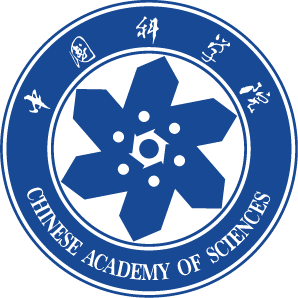Located in Beijing, UCAS (University of Chinese Academy of Sciences) is a university established with the approval of Ministry of Education of PRC, focusing on graduate education. Its predecessor was GUCAS (the Graduate University of Chinese Academy of Sciences), the first graduate school in China. It boasts many firsts in new China: the first doctorate in science, the first doctorate in engineering, the first female student awarded a doctoral degree, and the first research student awarded double doctoral degrees in China all graduating from this university. Being the largest graduate education institution, UCAS' main task has long been graduate education. Up to October 2017, UCAS has 3,034 professors, 10,170 supervisors, including 285 CAS Members and 6,039 doctoral supervisors. The number of postgraduate students is 47,080, including 24,450 doctoral students, 22,630 master students; 1,447 undergraduates. The number of international students is 1517, including 1011 doctoral students, ranking first in China.
UCAS provides first-class research condition for students to carry out their scientific research. UCAS and its students have full access to the collections and electronic literature database of the National Scientific Library, CAS. With well-equipped facilities, UCAS makes full use of modern teaching method such as multimedia and network video. Based on CAS' extensive international scientific cooperations, UCAS has established close ties and partnerships with Columbia University, University of California, Santa Barbara, école Polytechnique Fédérale de Lausanne (EPFL), Australian National University, the Max Planck Society in Germany, the National Center for Scientific Research in France, the Russian Academy of Sciences, the National Academy of Sciences of the United States and many other world-renowned universities. It has jointly established the Sino-Danish College in China with the Danish Ministry of Science and Education and eight Danish public universities. Besides, UCAS boasts cultural and educational ambience. Carrying on CAS' tradition of “Science, Democracy, Patriotism and Dedication” and its work style of “Practicality, Truth-seeking, Cooperation and Innovation”, UCAS not only pays attention to helping students lay a solid foundation for the future scientific research, but also to developing their spirit of innovation, character of down-to-earth and sense of social responsibility.




